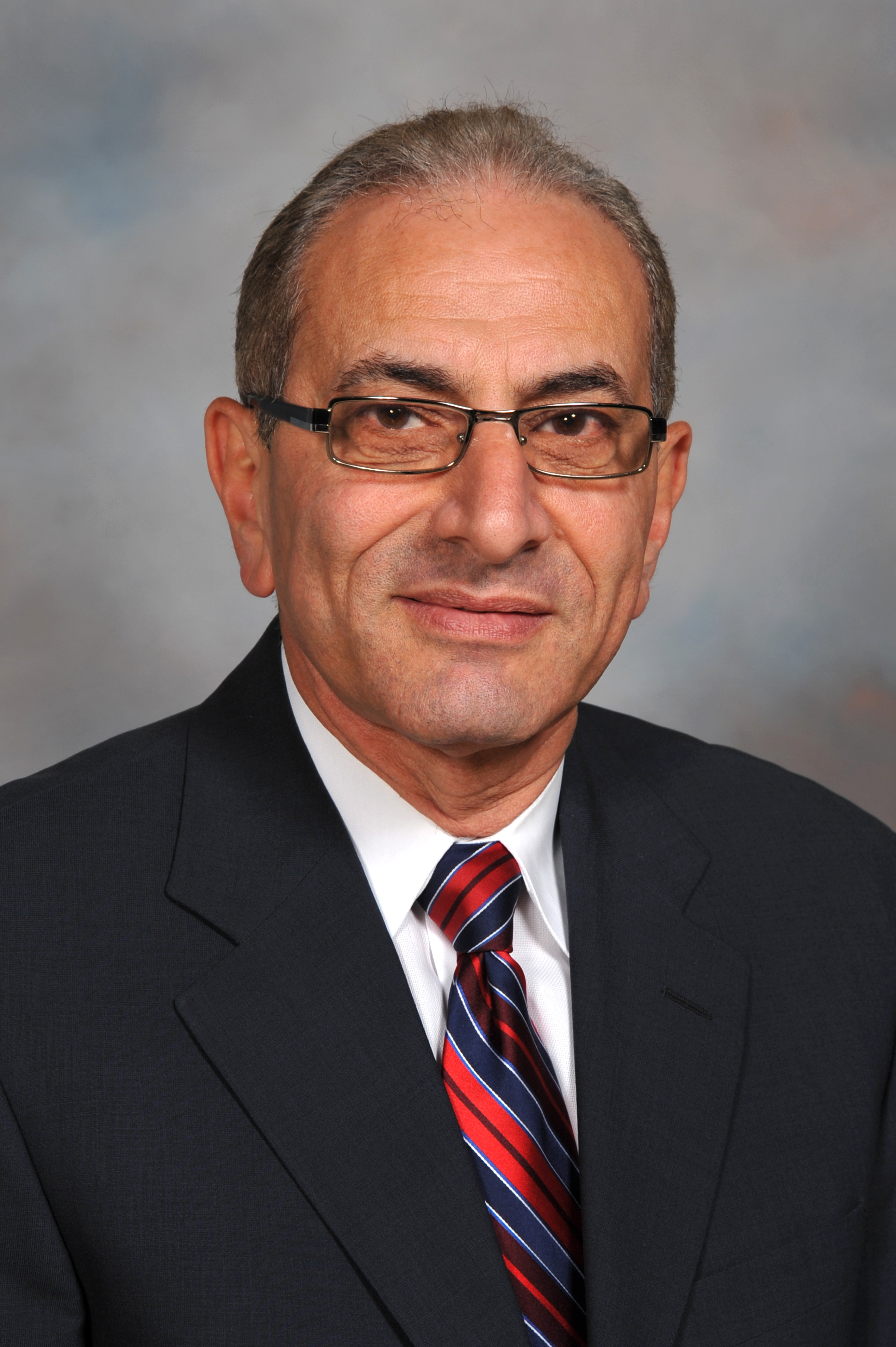IEEE NY VTS Technology Forum: The role of cyber-physical systems in the ongoing mobility revolution
In an ever-growing populous world, the automotive industry is faced with opportunities and challenges,
which has been driving revolutionary changes to the automotive DNA. These involve an exponentially
increasing electronic content and interconnected embedded (Cyber-Physical) systems, in contrast with
the relatively simple stand-alone computing systems that once controlled basic engine and chassis
functions. The realized advances in vehicle electrification, connectivity, and autonomous driving
capabilities, when combined, will make our cars and trucks much different, more efficient, and much
safer than those on the road today.
In this talk, examples of new and emerging automotive features and systems will be discussed to show
that these systems are evolving to become highly cyber-physical in nature, and perhaps represent some
of the most sophisticated cyber-physical systems that exist. These technologies are considered
foundational to future Intelligent Transportation Systems and have a huge potential to impact the
industry and society.
Before we get into such specific examples, the talk will quickly cover the motivations or market drivers
which let the automotive systems to move into the CPS space.
Date and Time
Location
Hosts
Registration
-
 Add Event to Calendar
Add Event to Calendar
Loading virtual attendance info...
- One Penn Plaza
- 4th Floor
- New York, New York
- United States 10119
- Room Number: 4054
Speakers
Dr. Nady Boules of NB Motors
The role of Cyber-Physical Systems (CPS) in the Ongoing Mobility Revolution
In an ever-growing populous world, the automotive industry is faced with opportunities and challenges,
which has been driving revolutionary changes to the automotive DNA. These involve an exponentially
increasing electronic content and interconnected embedded (Cyber-Physical) systems, in contrast with
the relatively simple stand-alone computing systems that once controlled basic engine and chassis
functions. The realized advances in vehicle electrification, connectivity, and autonomous driving
capabilities, when combined, will make our cars and trucks much different, more efficient, and much
safer than those on the road today.
In this talk, examples of new and emerging automotive features and systems will be discussed to show
that these systems are evolving to become highly cyber-physical in nature, and perhaps represent some
of the most sophisticated cyber-physical systems that exist. These technologies are considered
foundational to future Intelligent Transportation Systems and have a huge potential to impact the
industry and society.
Before we get into such specific examples, the talk will quickly cover the motivations or market drivers
which let the automotive systems to move into the CPS space.
Biography:
Dr. Boules is the president of NB Motors, a private consultancy firm he founded after retiring from
General Motors in September 2013. His career with the automotive industry spanned over 32 years with
General Motors and Delphi, including 14 years as director of R&D and Innovation. In his most recent
capacity as director of GM’s Research & Development’s Electrical & Control Systems Research Lab from
2007-2013, he was responsible for the development of advanced electrical systems and components for
electrified, connected, and automated vehicles to enhance vehicle safety, comfort and efficiency. He has
also led all GM’s R&D activities in areas of electronics and control software globally.
Dr. Boules received his doctorate of engineering degree in 1978 from the Technical University of
Braunschweig, Germany. He is a Life fellow of the IEEE and the recipient of the 2011 IEEE Nikola Tesla
Award for his work on permanent magnet motors. He is the author of numerous patents, technical and
invited papers. He has also served as a member of the board of directors of Intelligent Transportation
Society of America (ITS-A) and served on several National Academies’ committees on advanced
automotive technologies and their impact on fuel economy.


